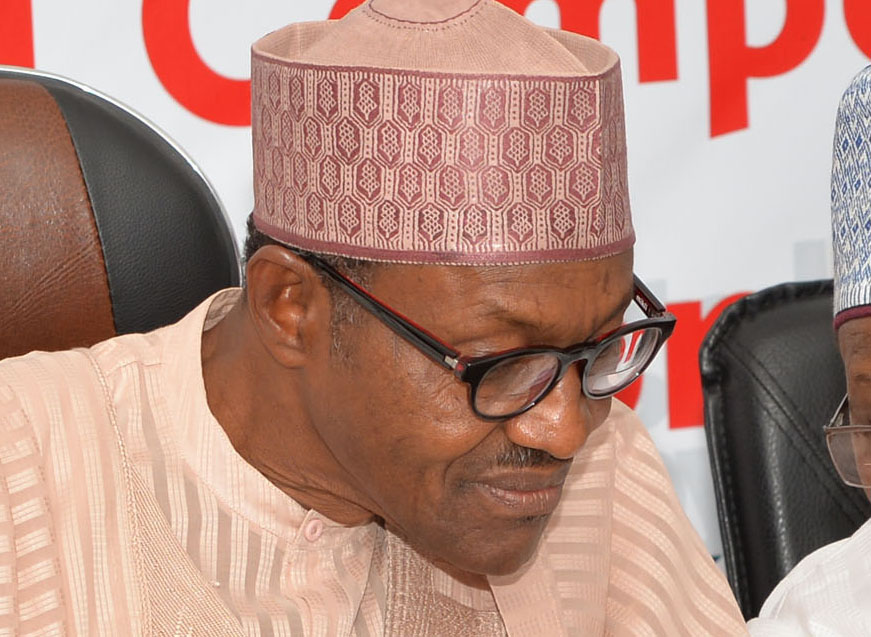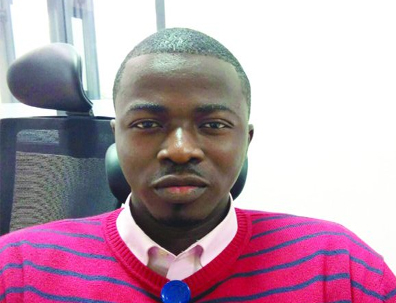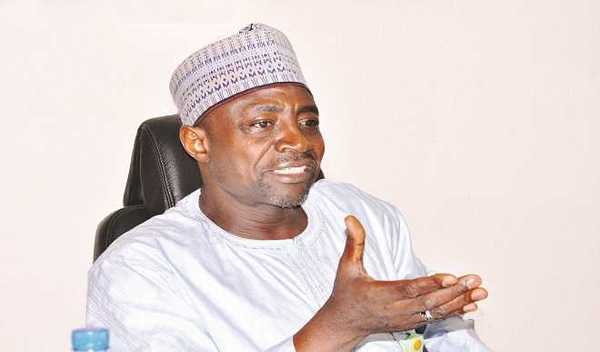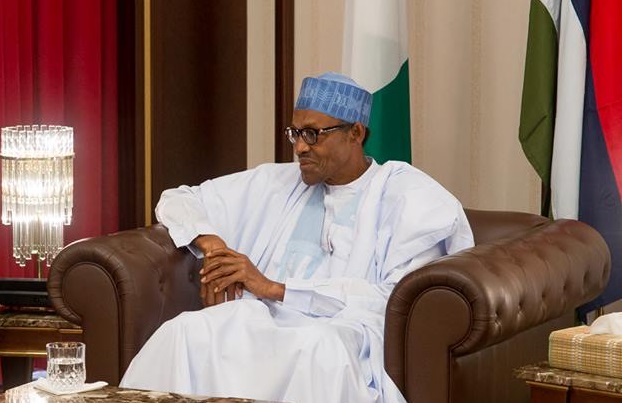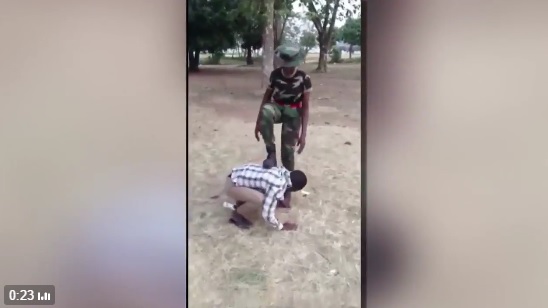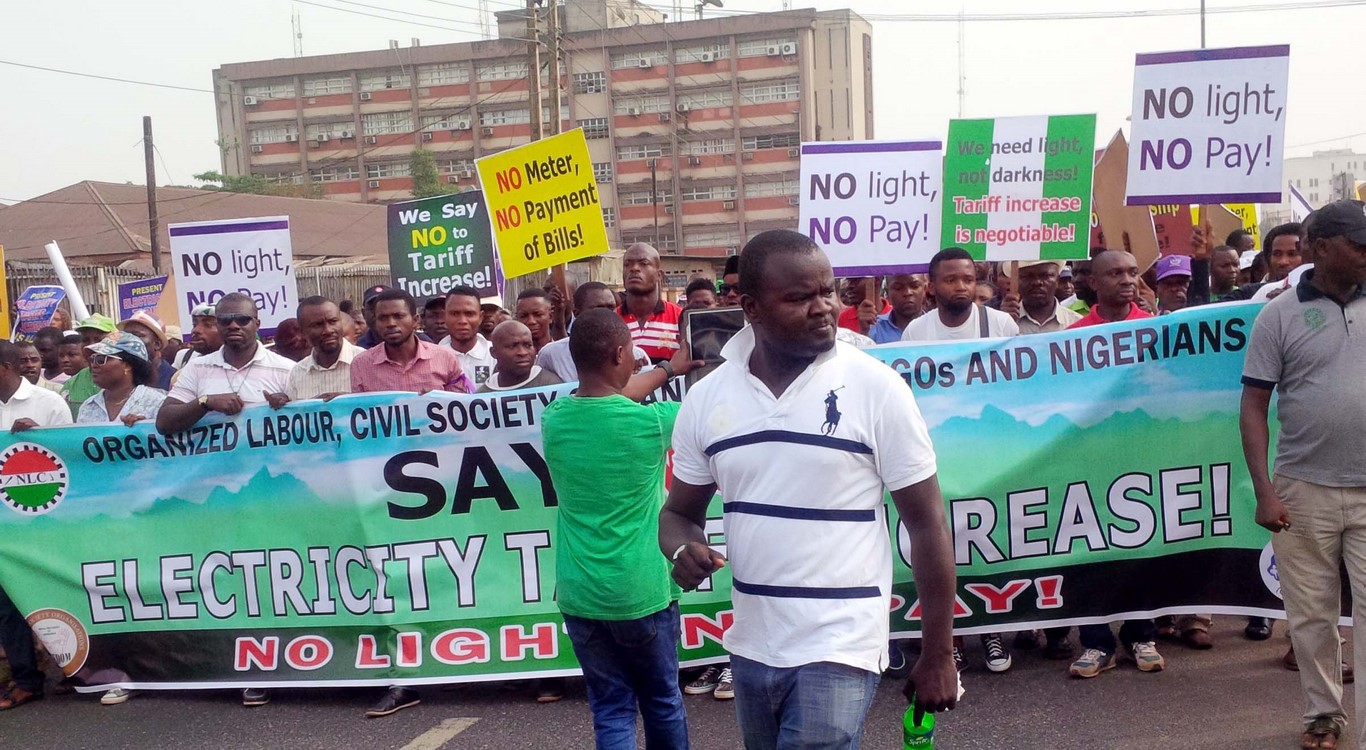By Moses Okpogode
In Kenya, youths are not given free shillings. While no politician, or anyone, promises any social security largesse during campaigns,they are amongst the most empowered set of young people in Africa. They are not socially denigrated, neither are they degenerated because the laws protects and provides for them. Kenya is tackling youth restiveness and unemployment easily with the backings of its Parliament that make laws which creates an environment conducive for young people and enables them to grow in their career, businesses and most especially entrepreneurial ventures.
Article 227 of the Kenyan constitution, which is almost the same with the enabling law of the Nigerian Procurement Acts, had through a presidential directive in 2013 made a provision for youths to be given priority in government tenders. Also included in this directive are women and persons with disabilities. Stipulating that not less than 30 percent of government tenders be awarded to people of these target groups. That’s what you get in a country of people that think before talking. Those who are sensitive to the yearning of their people and also have their youth and people at heart. They don’t see the youth as means to an end in a political season but associates in development. Companies managed by young people handle various contract works especially those related and not limited to infrastructure repairs, security services, transport, office wares and waste management. Old politicians and people above 35 years are barred from such services to accommodate the young people who hold the ace of their future
But the fact that Nigeria has nothing close to Kenya’s model of youth empowerment doesn’t take anything away from President Muhammadu Buhari’s character of being a realist. He is that leader who exhibits the distinctive character of having nothing to loose but has a lot to build. Often, rightly or wrongly, described as aloof about those at his mercies in the face of biting economic realities, he still understands the yearning to lead by example. He speaks candidly and directly on issues bedeviling Nigeria without hiding the facts from the people and having such abilities to douse tensions in every situation. All this complement his experience as an ex-general and establishes resolve at dealing with and overcoming controversial subjects that sprout around him.
So it wasn’t unexpected that he made a U-turn and rescinded a key campaign promise of the All Progressive Congress to pay a N5000 monthly stipend to unemployed youths. Knowing that only the denigrated can actually make an issue out of a monthly equivalent of £15 stipend in the face of shrinking public finance. I am very sure that a lot of young people have long forgotten about the stipend and are only reminded by politicians until the president reopened the hornet’s nest in far away Saudi Arabia.
Advertisement
Previous administrations that employed similar social safety program didn’t get much success. The program with ex-militants in the Niger delta readily comes to mind. Much had been concentrated on talking, more talks and always talks. So when the president spoke on the N5000 stipend which is now a national debate problem, he was emphatic. He stated why he has resolved to renege on the promise. He didn’t deny the promise unlike other senior officials of the administration that tried to put a spin on things by claiming to have briefed the State House Press Corp. The president was unequivocal. Meanwhile journalists, whose primary responsibility is to provide media coverage of the president and his itineraries, had interviewed two visiting State Governors who came calling at Vice President Yemi Osinbajo’s office on the same day. Though both of them had different views about the controversial N5000, none denied that their party, the APC, made such promises during the campaigns for the general elections last year, except at the mysterious briefing that took place at night to resonate a denial.
As observed the president must have seen that the administration of such scheme could be dampened by the mist of corruption. Perhaps, that was a reason why when he spoke in Riyadh, he mentioned his priorities and insisted that it was wiser to use a collation of the funds to put up infrastructures and empower the youths in agriculture than to give out monies. Which is a good thing. Relating his views to those of the president, Imo State Governor, Rochas Okorocha felt uncomfortable on how the scheme will be administered. The anomalies that might accompany the categorization and the disbursements criteria, then lectured journalists on how a similar scheme is being run in his home state, Imo but differently.
But do Nigerians really need these explanations?
Advertisement
I feel they don’t but only the wounds in conscience have continued to haunt the party and the administration on this electoral promise. The explanations started in September 2015. They latter came with a call from the Sports Minister, Solomon Dalong who in November last year asked for patience from the youths during a condolence visit to APC Chairman, Odigie Oyegun on the demise of the party’s candidate in the last Kogi State gubernatorial election, Prince Abubakar Audu. He said and I quote’ I would want the youths to understand that every promise must be backed up by a budgetary provision and our promise is to pay N5000 that is not in the 2015 budget. So, definitely, it is going to begin in 2016 as we have made budgetary allocation for that’. ‘We are committed to the campaign promises of creating jobs, providing wealth creation and combating poverty. We have embedded in our manifesto things that are translating to reality’.
Though, the Information Minister, Lai Mohammed who spoke earlier on the issue as a spokesman of the party danced around the same reasons aforementioned above by Dalong, he had however stressed in September that the government will definitely fulfill its promises but informed the people as always that the government was blocking financial leakages that has crippled its operations. He had mentioned that one of such processes was on the full implementation of the Treasury Single Account after which the government will resume the delayed disbursements of the N5000. A genuine justification for the government’s inaction.
It was therefore downgrading and worrisome to be re-schooled on a subject the president has rested by realigning it with the welfare scheme for the poor of the poor and making it look like people don’t have ears on ground in the course of carrying out their duties. It is important to note that it is President Buhari that initiated that welfare scheme which is being supervised by the office of the Vice President and it is not so different from the other initiatives of the Buhari led administration on the development of the North East, the activities of the Theophilus Danjuma Committee and the Internally Displaced Persons (IDPs) assessment and reintegration programme that Professor Osinbajo is also handling.
As the economic team is being expected I believe the Kenyan model and other worthy options geared at youths empowerments would be considered to override cases of inconclusive promises and attend to the needs of these young people who are cosmetically christened as leaders of tomorrow that never comes.
Advertisement
Twitter: @MOkpogode
Views expressed by contributors are strictly personal and not of TheCable.
Add a comment
